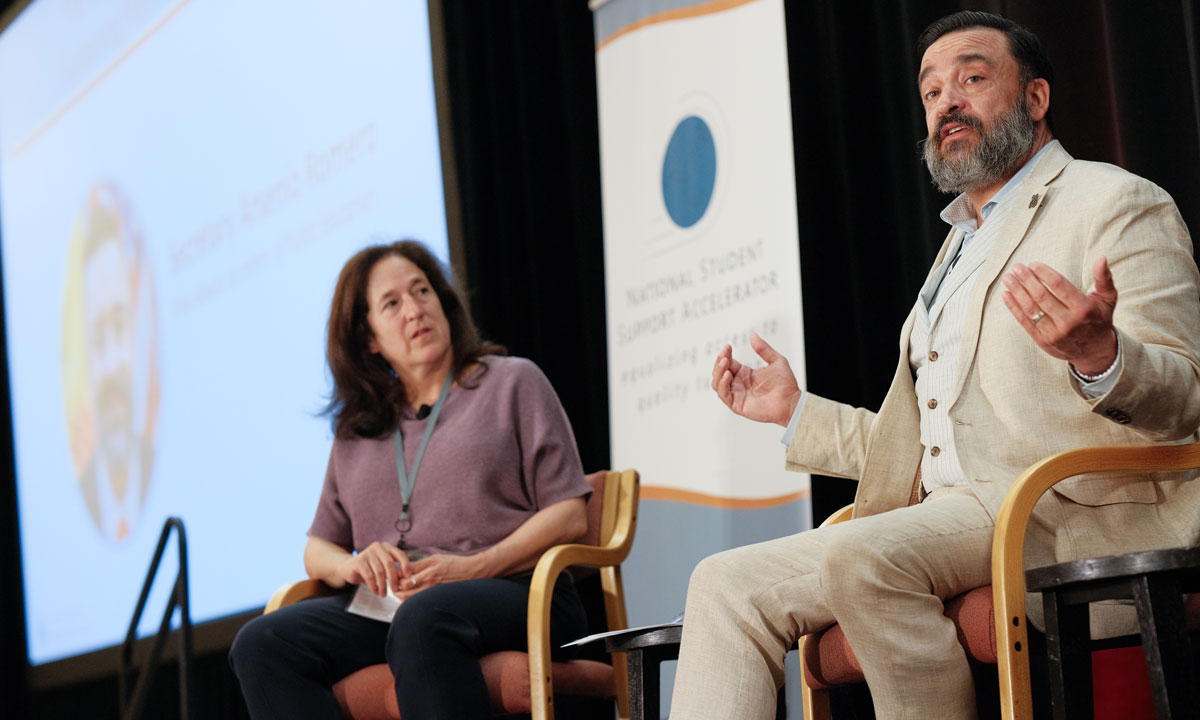Tutoring outcomes in D.C. public schools, 2022–23
Since 2022, public schools in the District of Columbia have been working to mitigate Covid learning disruptions by establishing and ramping up high-impact tutoring (HIT) efforts. Data on the outcome of these efforts are beginning to emerge, and a new report from the National Student Support Accelerator (NSSA) shows some minimally encouraging signs.
NSSA is an offshoot of the Stanford Accelerator for Learning and Systems Change for Advancing Learning and Equity, an initiative focused on researching how tutoring can best benefit students. Its new report looks at the first full year of HIT implementation in D.C. schools during 2022–23. Tutoring efforts that year concentrated on math and English language arts (ELA) for students in all grades and was focused on schools—both district and charter—with the greatest concentrations of students identified as at risk. It’s interesting to note that “at risk” doesn’t generally mean academic risk for schools in the district, but rather centers primarily on student socioeconomic status and homelessness, in the context of this wholly-academic intervention. Pre-existing academic need appears not to have been a driving force in choosing where tutors were placed, although some data suggest that academic performance may have influenced teachers’ decisions on which students to refer for tutoring.
